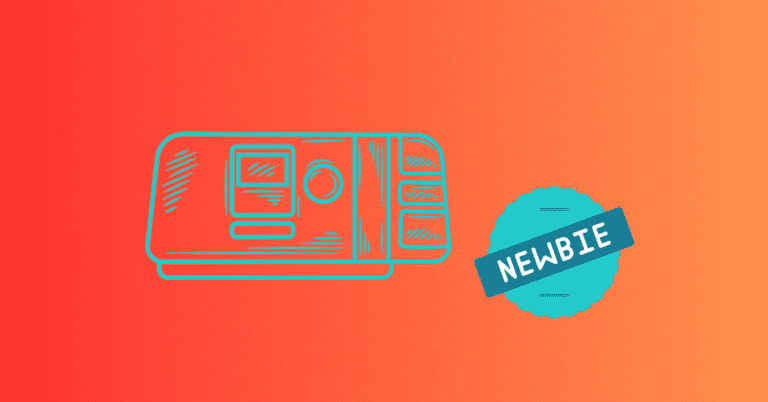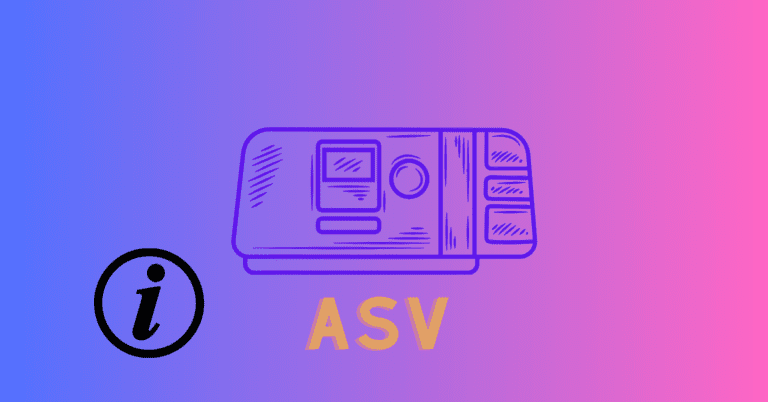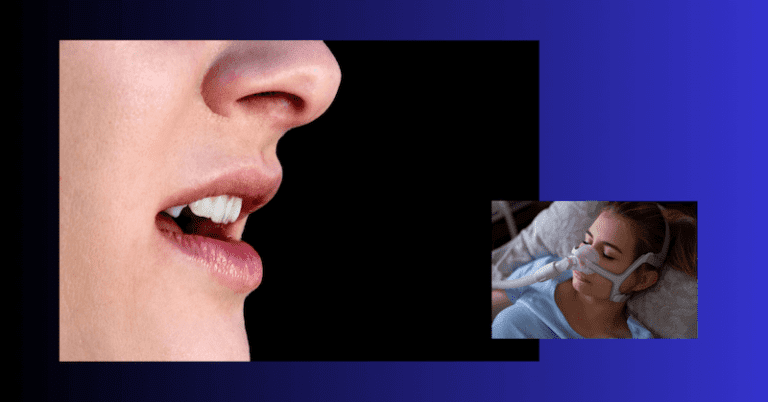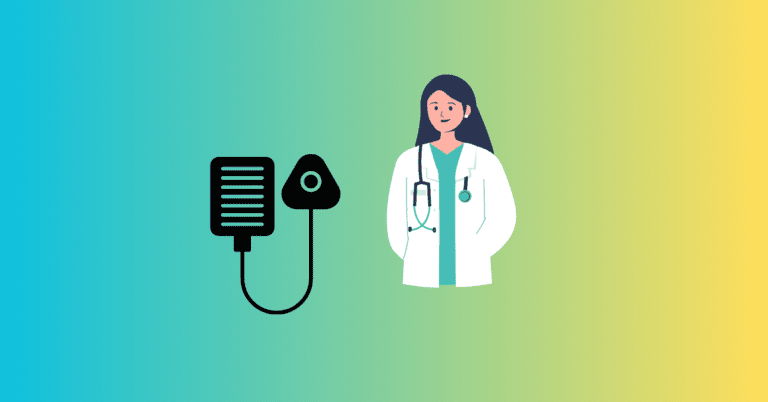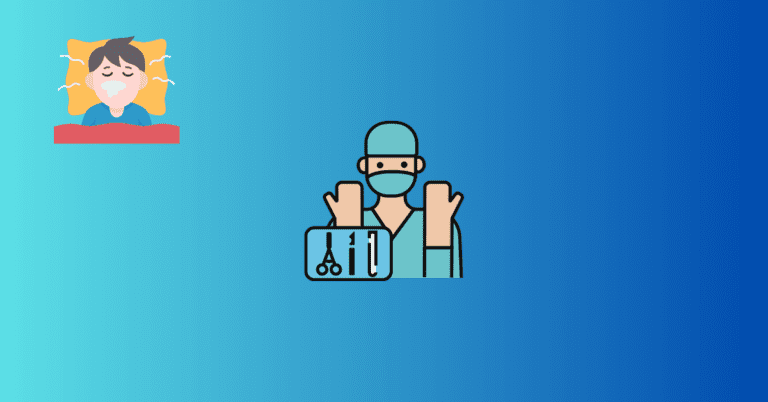Can You Use CPAP Without Water? Pros and Cons
Jeremy Smith is a long-term CPAP user and sleep apnea advocate. After being diagnosed with severe obstructive sleep apnea, he created ByJeremySmith.com to help others navigate CPAP therapy through personal stories, gear reviews, and practical advice.
If you’ve just started CPAP therapy, chances are your machine came with a built-in heated humidifier.
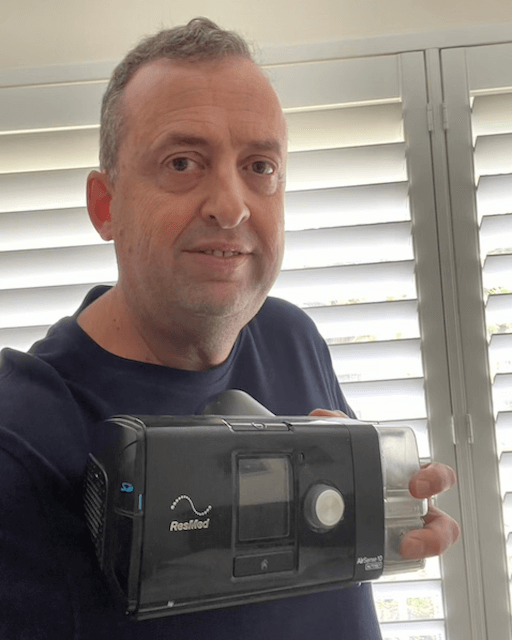
It’s standard on most models, like my ResMed 10 above, but that doesn’t mean you have to use it. You might wonder, “Is the water necessary?” or “Can I just skip filling the tank altogether?”
When I was travelling in Europe, some nights I couldn’t be bothered going to find a water tap. Other nights when at home, I just wanted to collapse into bed with wanting to wake myself up filling the tank.
Let’s unpack whether running your CPAP without water is a smart move—or a comfort killer—and look at the best alternatives if you’re ditching the humidifier.
I was diagnosed with severe sleep apnea and began using a CPAP machine, which has helped tremendously and turned my life around.
But like many new users, I wondered early on: Can you use CPAP without water? Let’s break down the pros and cons of using your CPAP machine without water and explore the best water options available for optimal therapy.
✅ Pros of Using CPAP Without Water
1. Simplicity During Travel
If you’re a frequent traveler like me, a portable option like the ResMed Mini CPAP Travel Machine can make things even easier. It’s compact, powerful, and works well in dry mode when water isn’t available.
2. Useful in High-Humidity Environments
🌴 If you live in a tropical or humid climate, added moisture may not be necessary.
3. Fewer Maintenance Tasks
🧼 No water means less cleaning of the humidifier chamber and fewer worries about mineral buildup.
4. Compatible With Some Nasal Conditions
🤧 In rare cases, added humidity might worsen symptoms like nasal congestion.
❌ Cons of Using CPAP Without Water
1. Dry Mouth and Throat
😖 Without added humidity, your airways can become dry, leading to discomfort and poor sleep.
2. Increased Risk of Nosebleeds or Sinus Irritation
👃 Dry air can irritate nasal passages, especially in winter or dry climates.
3. Reduced Therapy Comfort
💤 Comfort is key for consistent use. Many users report a less soothing experience without humidification.
4. Potential for Dehydration
💧 CPAP therapy without humidity may subtly dehydrate nasal tissues overnight.
Why CPAP Distilled Water Is the Best Choice
When you do use water, distilled is king. Here’s why:
- 🛡️ Prevents mineral deposits in the humidifier chamber
- 🧪 Free of bacteria and contaminants
- 🔧 Extends the lifespan of your machine
- 🌬️ Delivers clean, safe moisture for your lungs
Can You Use Regular Water in a CPAP Machine?
Technically yes—but it’s a bad idea. 💡 Tap or bottled water contains minerals and chemicals like chlorine that can:
- ⚠️ Cause buildup and corrosion in your humidifier
- 🦠 Encourage bacterial growth
- 🤧 Trigger allergic or respiratory reactions
The ResMed Autoset 11 End Cover
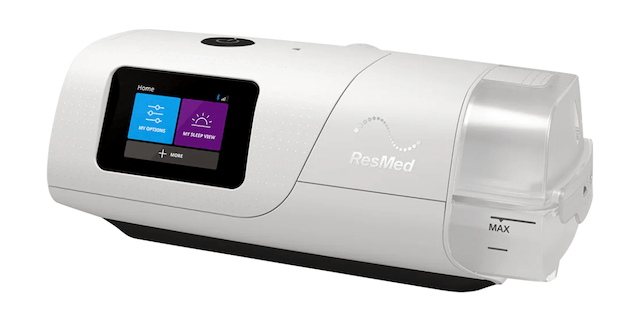
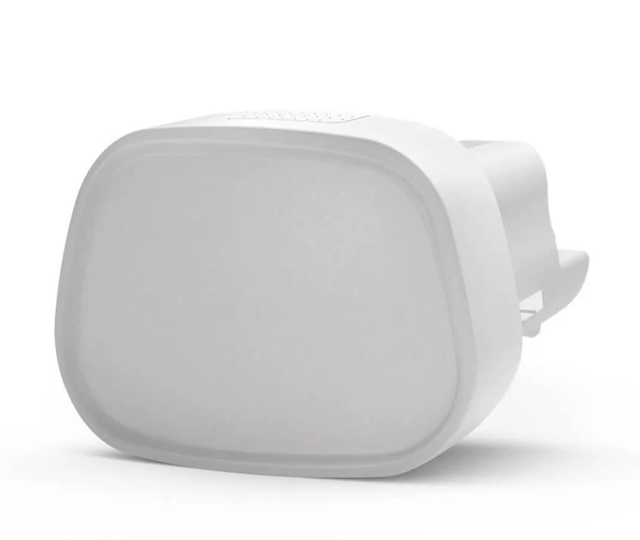
The ResMed 11 AutoSet has this cool plug-in end cover. All you do is pull out the water tank and replace it with this. Then you have the option of using it without the humidifier.
Find out more in my ResMed 11 AutoSet 11 Review.
What About Distilled Alkaline Water for CPAP?
Some users ask about distilled alkaline water. Even though it’s distilled, the added minerals that make it alkaline can still leave deposits in your humidifier.
🚫 Unless prescribed, avoid using it in your CPAP. Stick to plain, steam-distilled water for best results.
When It Might Be OK to Use CPAP Without Water
There are specific scenarios where going water-free might be acceptable:
- 🚗 Traveling with no access to distilled water
- 🌫️ Extremely humid environments
- 😷 Medical advice against humidification
Switch your humidifier settings and be prepared for a drier night.
Tips to Minimize Discomfort Without Water
- 🔥 Use a heated hose to prevent dryness
- 💧 Apply nasal saline spray before bed
- 🥤 Stay hydrated throughout the day
- 🌙 Try a nasal gel to protect tissues
Final Thoughts
So, can you use CPAP without water? ✅ Yes, but it comes with trade-offs. For comfort, safety, and the best sleep possible, stick with CPAP distilled water.
Avoid tap and alkaline waters to prevent health risks and machine damage. I always keep a backup jug of distilled water by my nightstand—it’s a small habit that makes a big difference.
Disclaimer: The content on this blog is for informational and educational purposes only and is not a substitute for professional medical advice. Always speak with your doctor or sleep specialist before starting, stopping, or changing any treatment or therapy related to sleep apnea or CPAP use.
